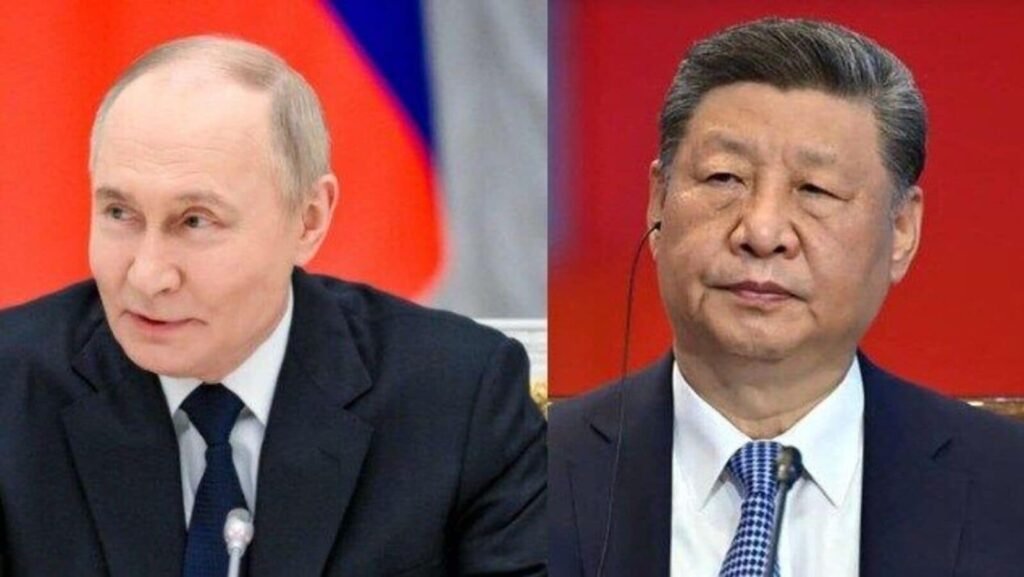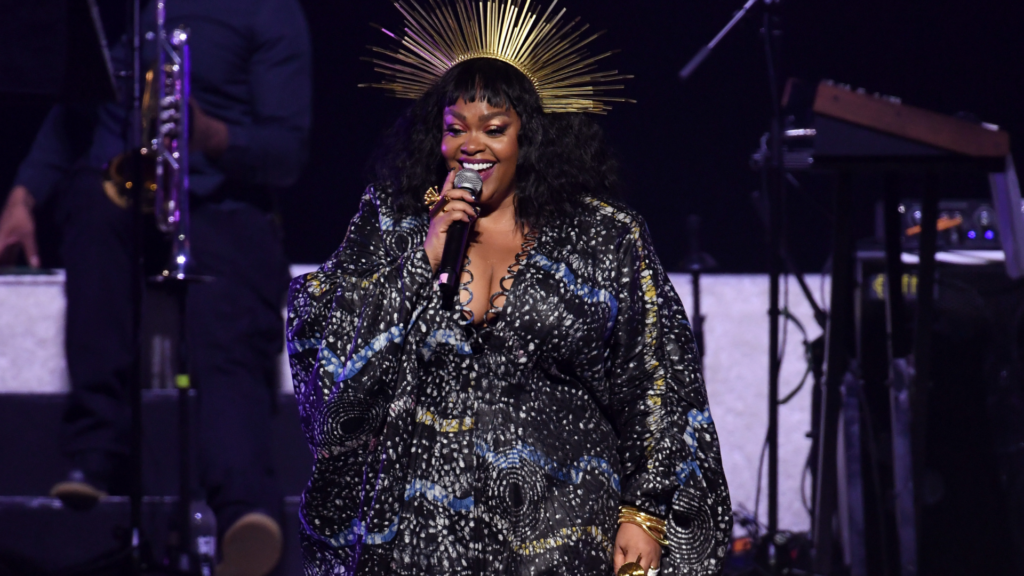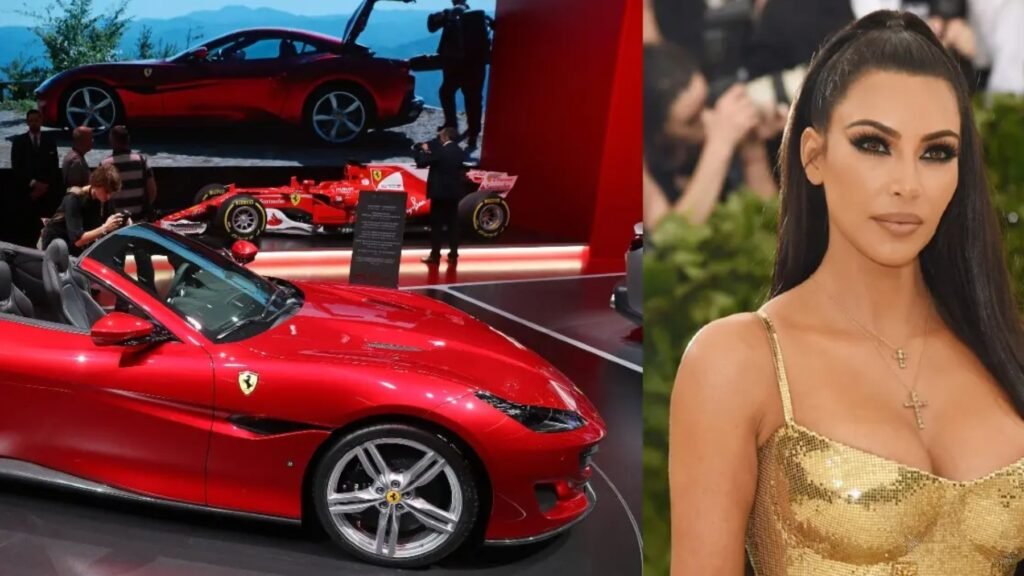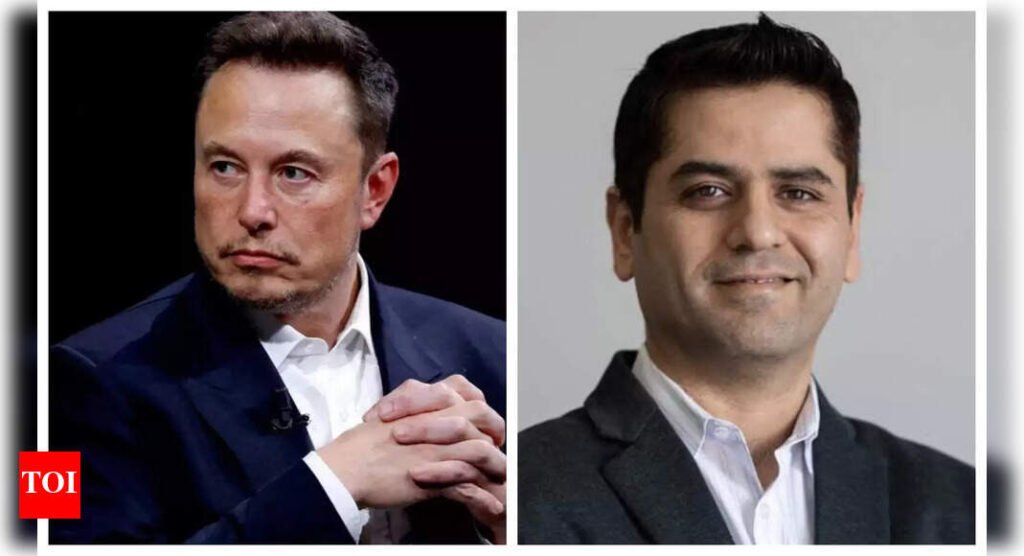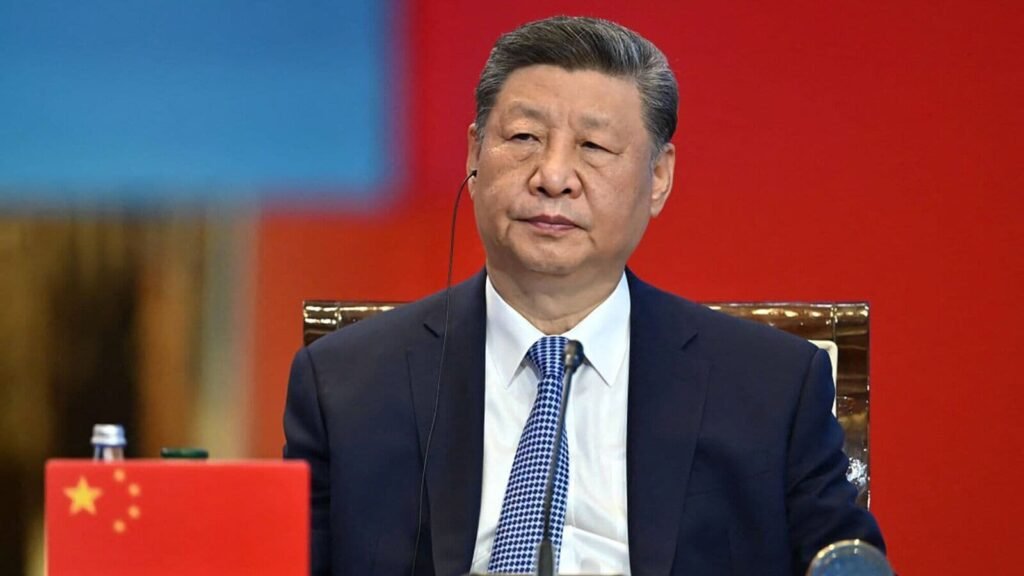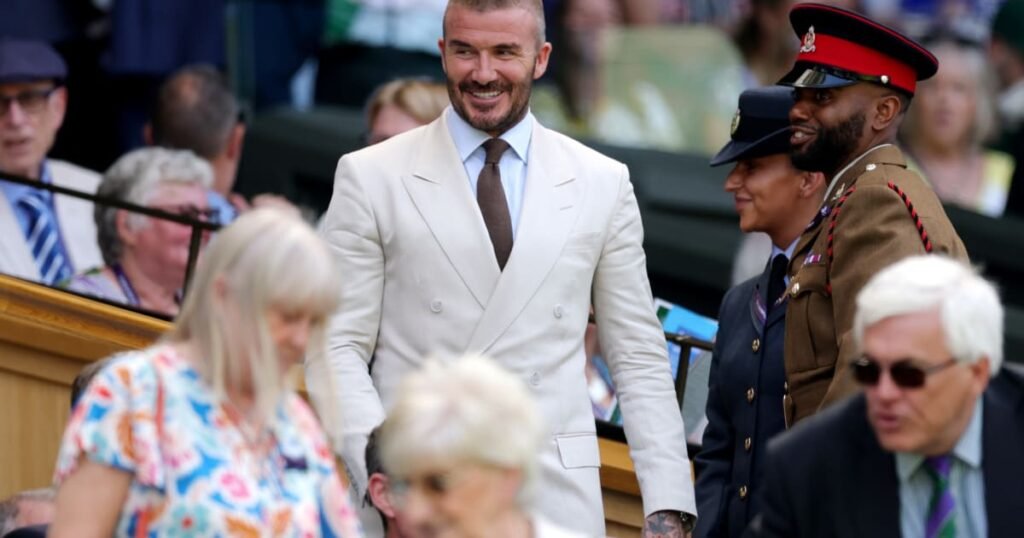Although not as prominent as Davos, Bilderberg or the UN General Assembly, the three-day annual GLOBSEC (Global Security) Conference is the world’s leading platform for strategic dialogue on global security and transatlantic cooperation. On its 20th anniversary, 1,500 leaders, policymakers, and experts from more than 70 countries met in June to discuss, among other topics, the ongoing war in Ukraine.
The conference format provided both public panels and closed sessions with strict rules of confidentiality. What emerged is the elephant that had always been there but obscured by circular language – victory or something else?
JOIN US ON TELEGRAM
Follow our coverage of the war on the @Kyivpost_official.
Behind closed doors and Chatham House rules, participants freely discussed their fundamental differences and expectations on bringing the war in Ukraine to an end. Ukrainians and their supporters insisted on a “victory”; i.e., withdrawal of occupying forces, reparations, return of POWs, civilians, and children, and prosecution of war crimes. Others, including US participants, thought that a “ceasefire and frozen conflict” was the “best scenario” because “all the others were worse.” The consensus on frozen conflict proposals was notably damning, as it would not bring lasting peace.
Ukrainians responded that if they received the weapons, air defenses, and frozen Russian assets they needed, and if the West were to impose tougher sanctions to starve Russian President Vladimir Putin’s military and economy, “victory” would be entirely achievable.

Other Topics of Interest
Why We Must Punish the Crime of Aggression
A Special Tribunal to prosecute Russia’s crime of aggression would fill a legal gap, deter future wars, and help uphold global justice.
The “frozen conflict” supporters countered with tiresome admonitions of “escalation” and “nuclear war,” to which Ukrainians responded that the West may have fallen victim to an information trap known as “reflexive control.” A Soviet mathematician developed “reflexive control” in the 1960s to trick opponents into making self-defeating decisions in response to fictitious threats by Soviet leaders, who were aware of the threats’ implausibility because they risked not only their own survival but certain defeat.
Reflexive control
At every one of the dozen red lines that Ukrainians and the West crossed, Putin or his proxies (such as Deputy Chairman of the Security Council of Russia, Dmitry Medvedev) threw out nuclear threats that landed like deflated balloons. The very fact that Ukraine survived 42 months of war and Russia sustained catastrophic losses, contrary to the expectations of most GLOBSEC participants, should have provided some immunity to “reflexive control.” Instead, it appears that many have internalized Russia’s nuclear blackmail despite all evidence to the contrary.
How is this done? Consider the frequency and variety of references to World War III, nuclear war, Russian claims of technological advances, Red Square parades of monstrous ICBMs, nuclear “training exercises” near NATO borders, cryptic communications via “doomsday” channels, satellite “killers,” maps depicting obliterated UK cities, and artists’ rendition of futuristic Russian weapons.
Among Putin’s heavily touted cruise and ballistic “house of horrors” – the Sarmat ICBM, “Skyfall” cruise missile, Poseidon underwater drone, Kinzhal hypersonic missile, and Avangard hypersonic glide vehicle – all have been hyped by Moscow. But behind the bravado, all face technical hurdles, budget constraints, and exaggerated, unverified, capabilities. Nevertheless, they serve their purpose of dissuading the West from “provocations” and “escalations.”
The mere emotive and unjustified terror of nuclear war is the only reason for denials, delays, and restrictions of critical weapons Ukraine needs for a “victory.” Former US President Franklin D. Roosevelt’s famous statement – “the only thing we have to fear is fear itself” – was never more true.
This point, the internalization of Moscow’s manipulated nuclear blackmail, was brought home in a published interview with Ambassador Kurt Volker, a senior and highly respected conference participant. His belief that a “frozen conflict” is the “best case scenario” caught my attention. He explained that a direct confrontation between Russia and the West would “become a nuclear war… and annihilate everybody.”
Although he did not doubt that a frozen conflict would enable Russia to rearm and attack again, that could be made “so painful” as to deter Russia, perhaps indefinitely. He went on to say that, as long as the West does not “directly threaten” Russia’s existence as a state or seek to change the regime, he does not believe Russia would use nuclear weapons.
Ambassador Volker’s explanation may hold water for the West, but what about Ukraine? How to explain Ukraine’s liberation of part of its territory from Russian occupation and its incursion into and occupation of Russian territory for months, without any nuclear blowback?
Volker answered that Russia did not use nuclear force against Ukraine because it recognized that Ukraine did not intend to change the regime or threaten the state’s existence, but merely hoped to weaken Putin’s forces sufficiently to take back its territory. He acknowledged that Russian occupation may be bloody and brutal but held out the hope that Ukrainians may eventually recover their territory.
So, there you have it. One of America’s top experts on Russia believes that, as long as the war continues without direct Western confrontation and does not threaten the existence of Putin’s regime or his state, the fear of escalation to a nuclear war is both greatly exaggerated and unwarranted.
Elephant in the room
Another conference participant, Kacper Rekawek, from the International Centre of Counter Terrorism, was more direct: “We chose not to win. We, the West. Maybe we’re unable to because we have grown too lazy, too fat, too comfortable.” He noted that the outcome of that decision is paradoxical in that Europe’s leaders speak of “preparing for war by 2030 while refusing to use existing resources to prevent it.”
According to Olena Halushka, Ukraine’s conference participant, “the elephant in the room is that the best way to deter Russian aggression from expanding… is to help Ukraine win.” She then warned of the danger for Europe and the world if the West fails to support Ukraine’s winning option.
Russia, she said, “can add into its constitution (by annexation) whatever territory they claim as ‘theirs’” – Suwalki, Narva, Svalbard, Dresden, Transnistria, and even Alaska. This “constitutional annexation strategy” represents the ultimate weaponization of nuclear blackmail – allowing Russia to claim any territory simply by adding it to their domestic law, then threatening global war if the world does not comply.
Putin and his spokesmen have already, at numerous times, claimed territories where there are Russian speakers or the Russian “boot,” including all of Ukraine. A frozen conflict would simply “reward” Russia with 20% of Ukraine and newly militarized human and material assets with which to rebuild its armies and economy for further aggression.
Ukrainian officials at the conference left the question open: Does it make sense, in exchange for a year or two of peace, to reward Putin with 20 percent of Ukraine’s territory, thereby abandoning a country that has contributed the most to the safety of the West and remains Europe’s largest, most effective, and experienced military power. Or would it better serve the interest of all Western parties (in the words of Ambassador Volker) to make the war so costly and painful for Putin that he is unlikely to try again?
The views expressed are the author’s and not necessarily of Kyiv Post.

